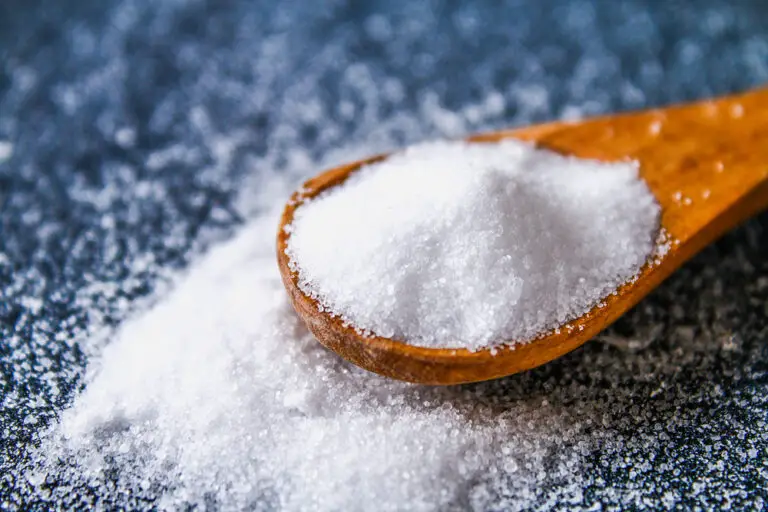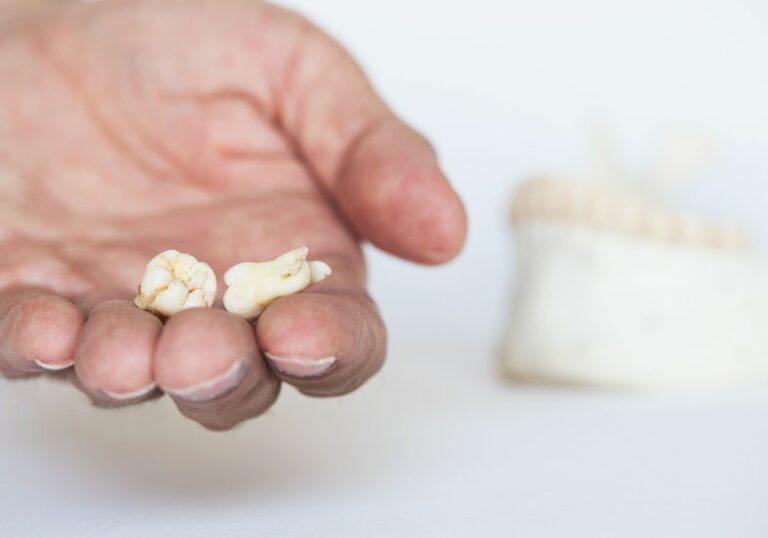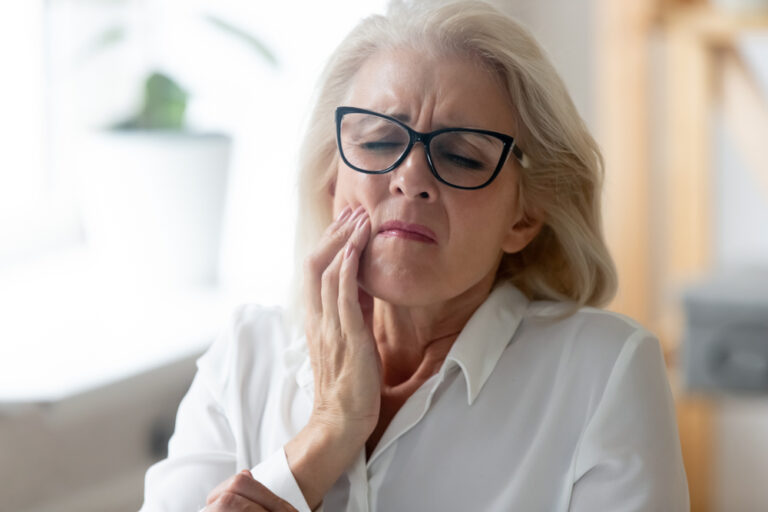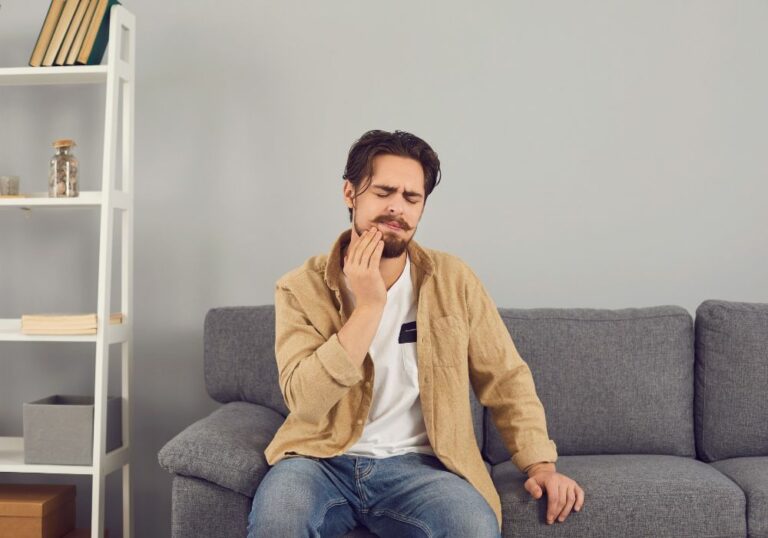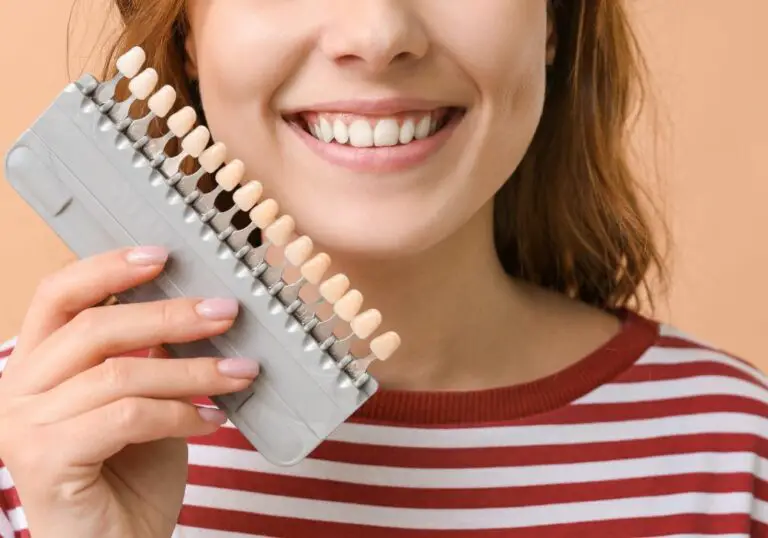We all know that brushing your teeth is important but how often should you be doing it? It’s an important question, as many don’t do it enough but equally, there are some who brush more than you should.
Here we’ll look at how often you should brush and why. We’ll also look at other factors too such as how often you should be using floss and mouthwash. By the end, you’ll know all the steps you need to take for perfect oral hygiene.
How Many Times Should You Brush Your Teeth a Day

The general consensus is that you should be brushing your teeth twice a day. That is what’s recommended by the American Dental Association (ADA) along with almost all leading dental organizations.
Those two brushes should be split up between once in the morning and once before you go to bed. This number will help to prevent plaque forming and the growth of bacteria while also preventing problems associated with overbrushing.
Brushing in the morning will help to remove the bacteria that has been building up overnight and coat your mouth in fluoride for the day ahead. Brushing at night ensures you remove any food particles and go to bed with a clean mouth.
Why Brush Twice a Day?
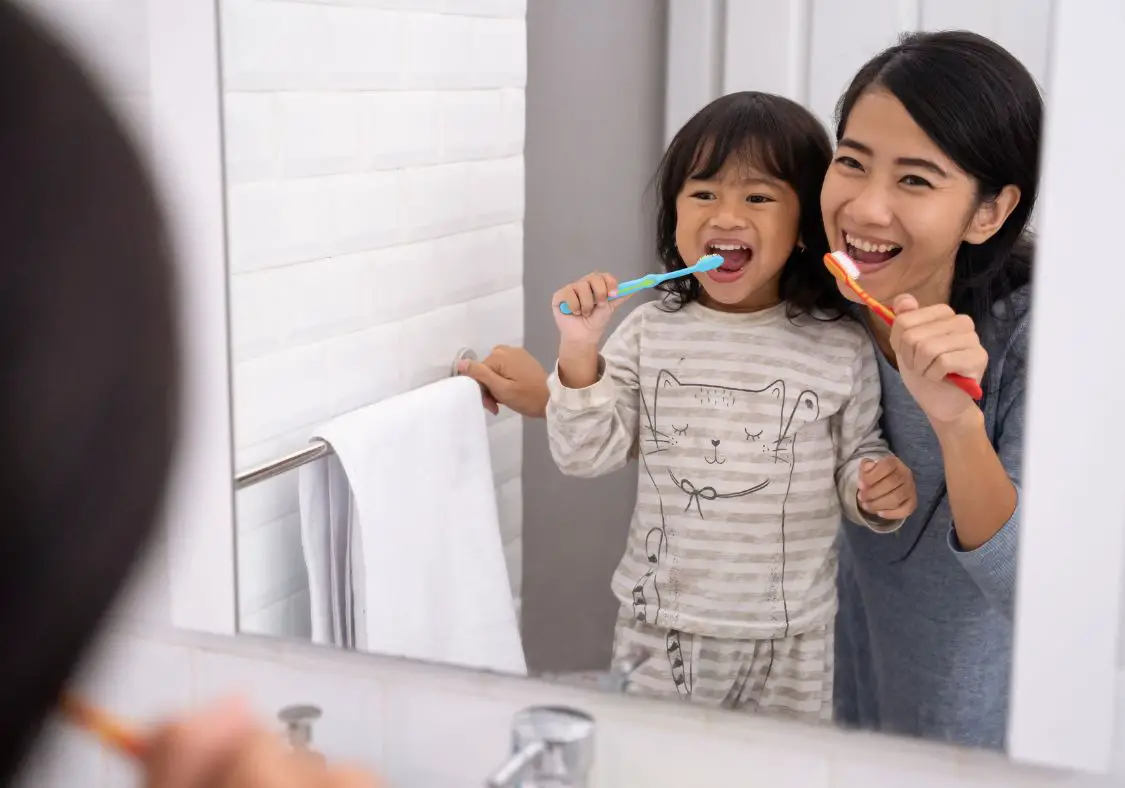
Many people forget to brush twice a day. It can happen to those who are either forgetful or don’t have oral hygiene at the top of their priorities. Here’s why brushing twice a day is such a good idea.
- Preventing Plaque Accumulation – Plaque is formed by the buildup of bacteria and food particles. Brushing twice a day not only removes it but prevents it from hardening into tartar.
- Maintaining Fresh Breath – No one wants bad breath! However, that bacteria will cause it. The smell will only get better when you keep that bacteria under control.
- Protecting Against Cavities – The bacteria in your mouth will produce acid. When it does, that acid will wear away at your enamel and eventually lead to cavities.
- Gum Health – If you don’t brush your teeth, then this will lead to gum disease. This will start off as gingivitis before developing into much more serious periodontitis.
- Whiter Teeth – Enamel is white but the hard layer underneath, called dentin, is yellow. If acid wears away at your enamel this yellow material will start to show through.
- Overall Health – If you have a disease in your mouth, then your body will need to fight it. As it does, this can make you vulnerable to a wide range of health conditions.
Why Not Brush More Than Twice?
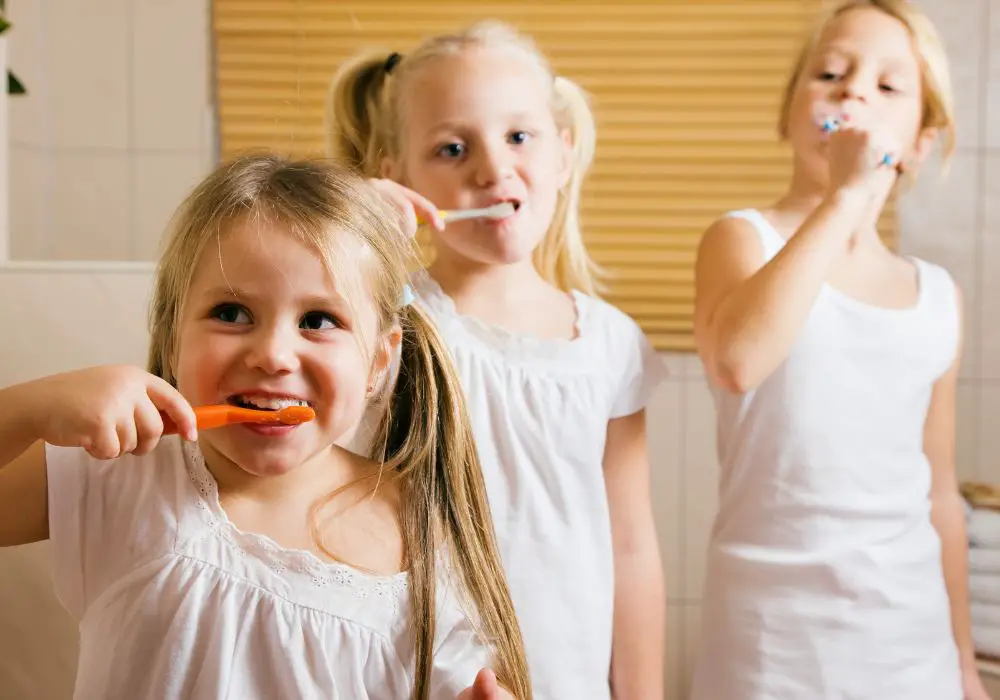
With all the benefits of brushing your teeth, it makes sense to wonder if you should be brushing more than twice a day. While it may seem to make sense, it’s not recommended as you may risk doing more harm than good. Here are the issues with brushing more than twice:
- Overbrushing – When you brush, you are scraping away at your teeth. While this is important for removing plaque, you also risk wearing away at the enamel. Twice a day is the perfect balance between keeping your keep clean while protecting the enamel.
- Gum Irritation – Brushing too often can also mean that you can irritate your gums. Your gums are quite delicate and brushing them too much can lead to sensitivity and swelling, but it can also cause your gums to start receding.
- Saliva Flow – Your saliva plays an important role in oral hygiene as it will neutralize your mouth acid and add minerals to your teeth. Brushing too much can negatively affect the production of this saliva and lead to a dry mouth, which is a haven for bacteria growth.
- Decreased Effectiveness – There is no evidence to prove that brushing three or more times a day is going to be effective. When you use the proper technique and fluoride toothpaste, you’ll only be wasting time and effort by brushing more often.
Exceptions to Brushing Twice a Day
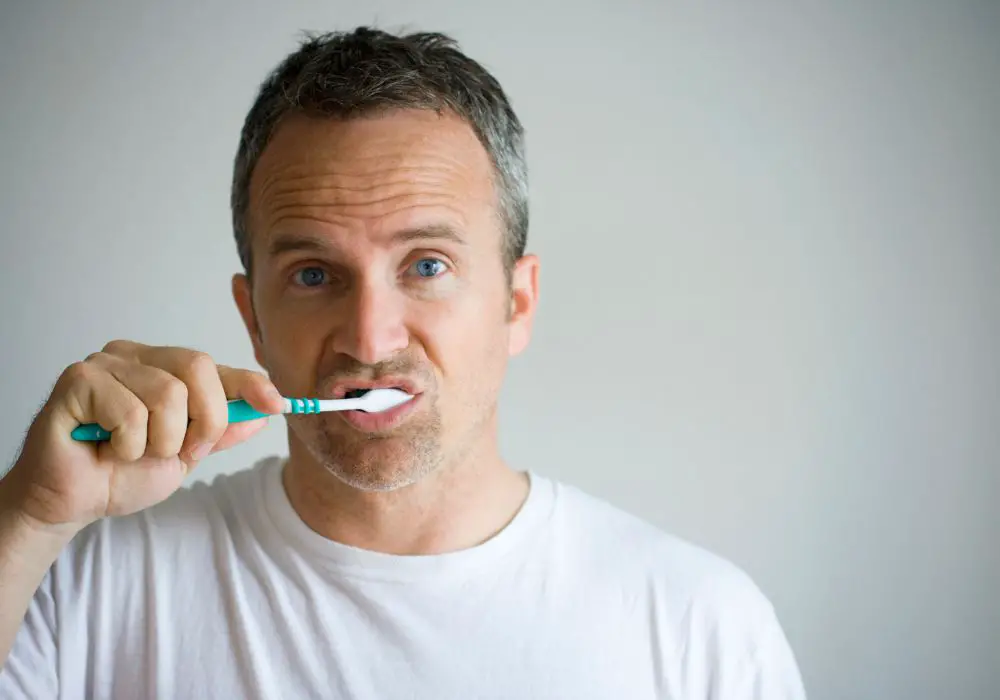
Okay, so let’s contradict ourselves! For the vast majority of people, brushing twice a day is going to be the perfect amount. However, there are times when you may need to brush more or less often. Here we look at the exceptions to the rule.
- Diet – If you have a diet that is very high in acid, refined sugar or carbohydrates, then you may need to either brush your teeth or use mouthwash more frequently to stop acid from sitting in your mouth.
- Medical Conditions – Some medical conditions can increase your risk of various health conditions. One such example is if you have a dry mouth as this means that your saliva isn’t doing its job to naturally clean your mouth.
- Braces – Braces and other such applications can easily trap food and increase your chance of cavities. It can be the best idea to do a light brushing after each of your meals to prevent the build-up of plaque.
- Smoking/Alcohol – Smoking (or using any tobacco product) and excessive alcohol consumption can cause a wide range of issues. More frequent brushing can help to minimize any potential damage and keep your teeth in the best possible condition.
When Should You Floss Your Teeth?
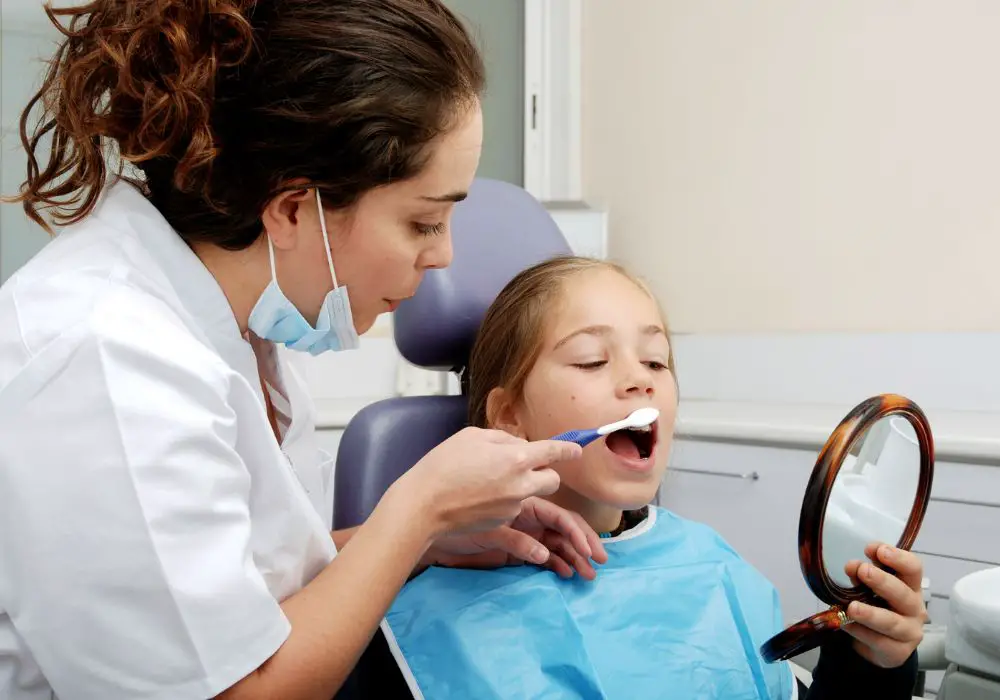
Now you know how often you should be brushing, what about flossing? As with brushing, flossing can be an important way to keep your teeth clean and prevent any build-up of plaque.
It’s recommended that you floss your teeth at least once per day. The reason is that flossing allows you to access the places that your brush can’t reach. Flossing once a day ensures there are no food particles building up in your mouth.
Why Flossing Is Important
It’s understandable to wonder why flossing is required. Surely brushing alone is enough? The reality is that it’s not and if you want to keep your teeth in peak condition, you should floss. Let’s look at all the reasons why it’s a good idea.
- Remove Plaque and Debris – No matter how well you brush, there will always be a little bit of plaque that you can’t reach. Specifically, flossing will help to remove plaque and food particles from between your teeth.
- Prevent Cavities – Those food particles and bits of plaque in your teeth are a breeding ground for acid-producing bacteria. These bacteria will cause cavities if not cleared away.
- Better Gum Health – The more your gumline needs to fight against the buildup of bacteria, the more likely you are to get gum disease.
- Fresh Breath – Any build-up of bacteria will cause bad breath. Brushing alone may not be enough to get rid of all those food particles.
Flossing Tips
Hopefully now we’ve sold you on the idea of flossing. Here are a few tips on flossing effectively:
- Use around 18 inches of dental floss as this will ensure you have a clean section for each tooth
- Be gentle with your floss and guide it between your teeth. Try to avoid it snapping against your gums as this can cause injury.
- Floss in a soft ‘C’ shape as this will allow you to gently glide it easily up and down each tooth.
- As you go from one section to the next, use a clean section of floss to avoid transferring plaque around your mouth
- Ensure you don’t miss the back teeth as many people forget to floss these.
- Finally, be patient. Flossing can be a little awkward but you’ll soon get used to it.
Should I Be Using Mouthwash?

Now we know all about brushing and flossing, what about mouthwash? While it shouldn’t be seen as a replacement for brushing or flossing, mouthwash can be an excellent addition to your oral hygiene routine.
But if it’s not a replacement for brushing or flossing, when should you be using mouthwash? It can depend on several factors but here is when it could be a great idea.
- After Brushing and Flossing – While this may seem like overkill, using mouthwash after brushing is a great idea. Rising with mouthwash can add further protection against areas you may have missed and will help to neutralize the bacteria in your mouth.
- Before Bed – This obviously links in with using it post-brushing. Your mouth is the most vulnerable at night as saliva production slows, and bacteria can thrive. You want to be going to bed with the cleanest mouth possible and mouthwash can help with that.
- Between Meals – We mentioned above the downsides of overbrushing. If you wanted to have a cleaner mouth between meals, then mouthwash can be a great way to do it, specifically after lunch to dislodge any food particles.
- For a Fresher Mouth – Of course, there is the cosmetic advantage of mouthwash. Heading out on a big date or having an important meeting? Using mouthwash can ensure that you have fresh breath and no awkward bits of food hanging around.
Conclusion
The perfect number of brushes in a day is two, no more, no less. Once a day or fewer is not enough to remove bacteria and food particles, and three or more times a day has limited effectiveness and may end up doing more harm than good.
Along with brushing, you should be flossing at least once a day and using mouthwashes between meals can allow you to stay on top of your oral health. Hopefully now you have a clear idea of how to keep your teeth as clean as possible.

